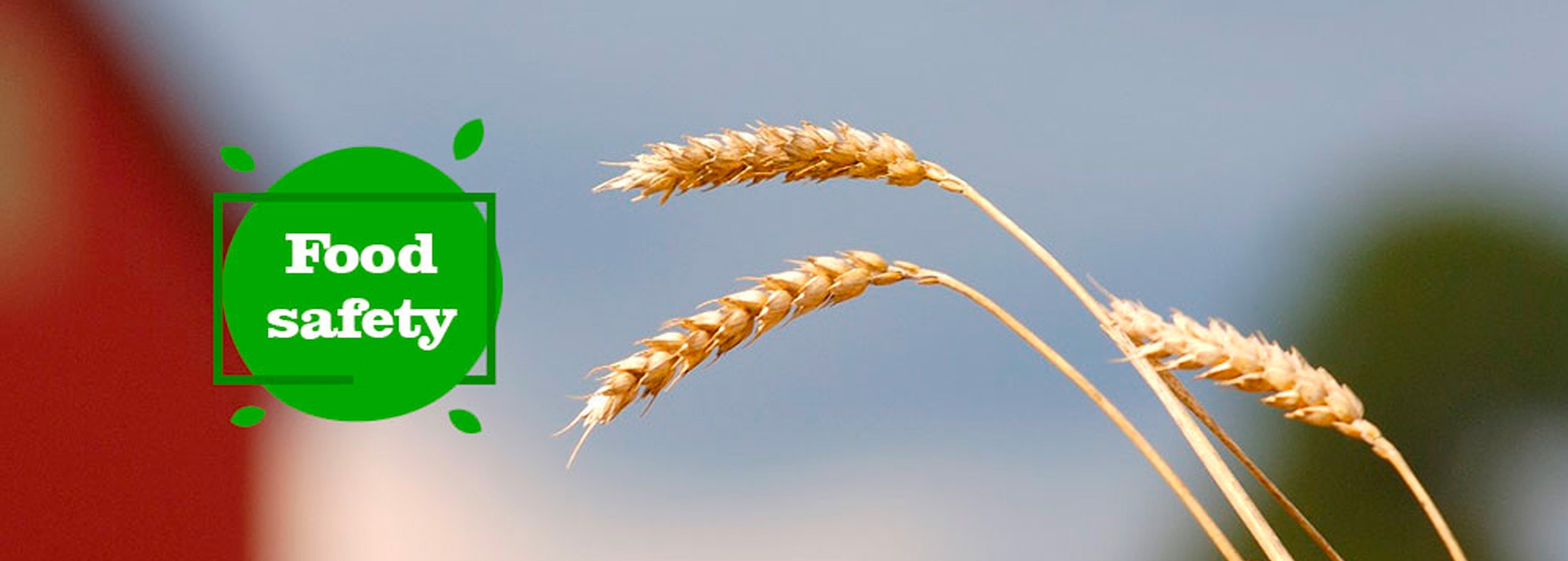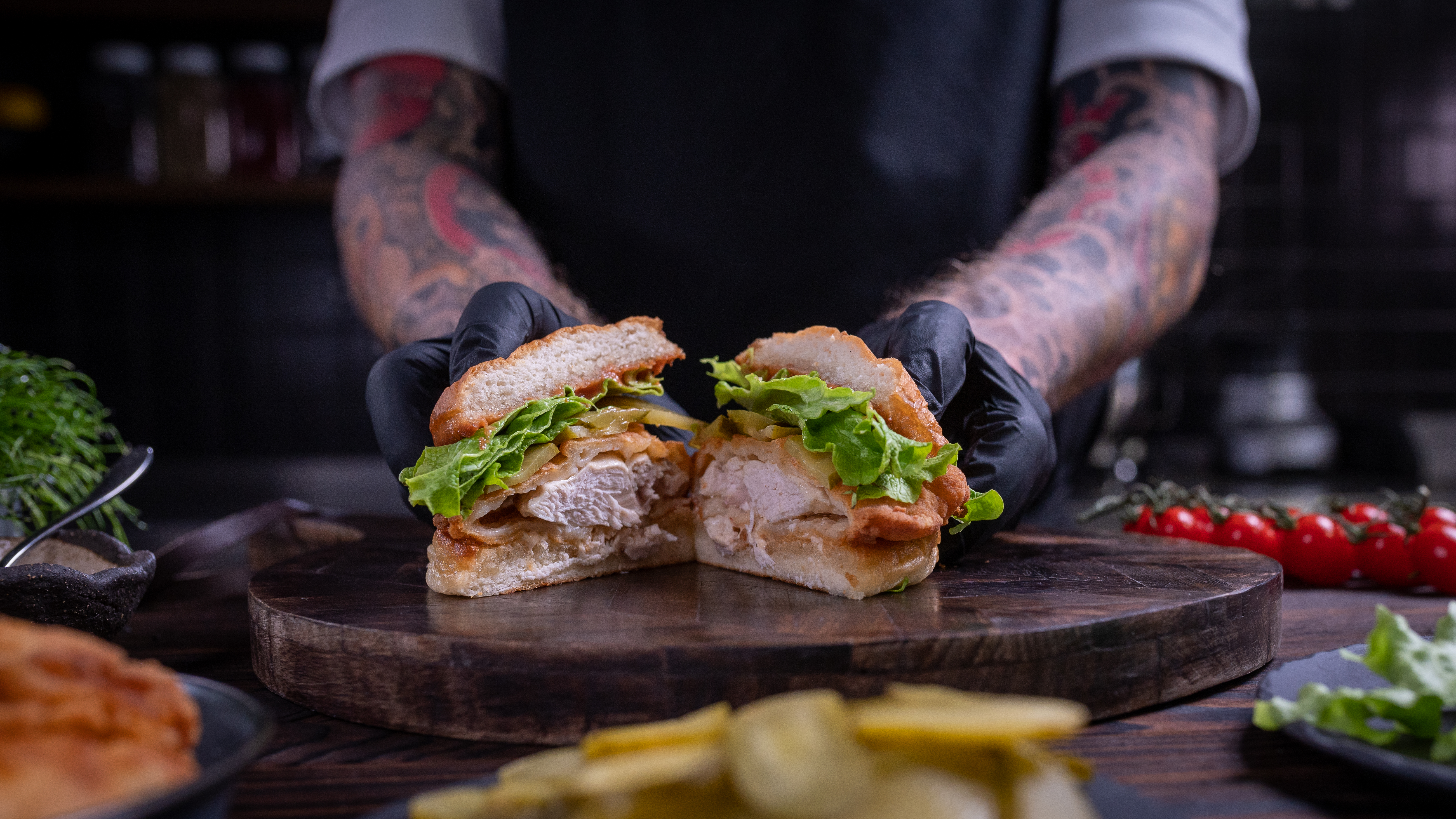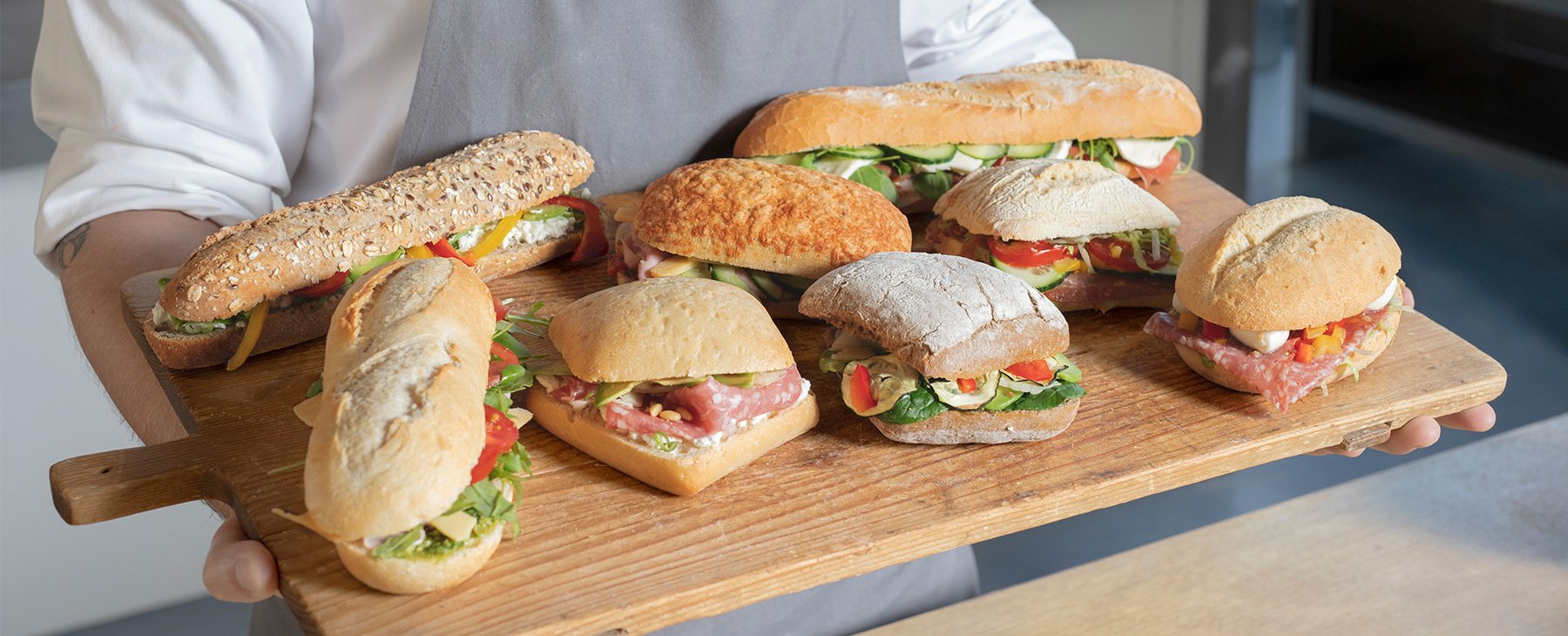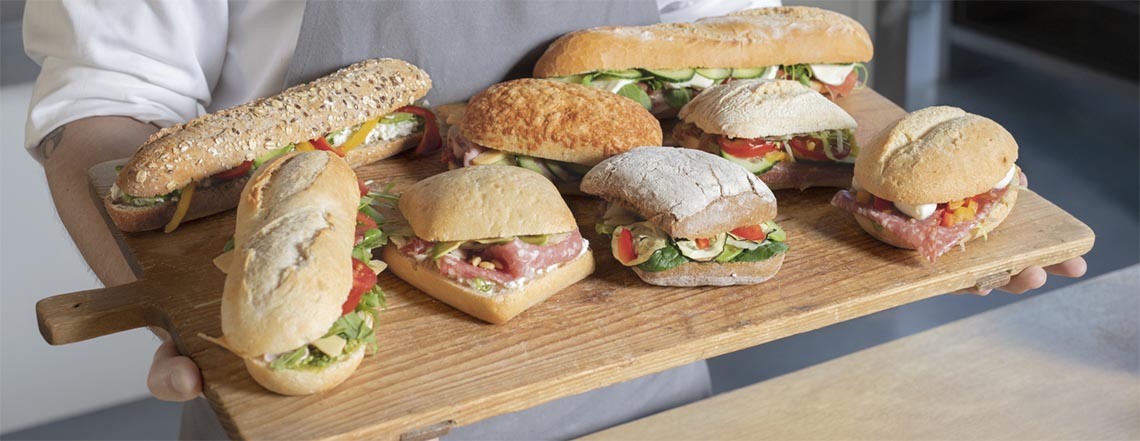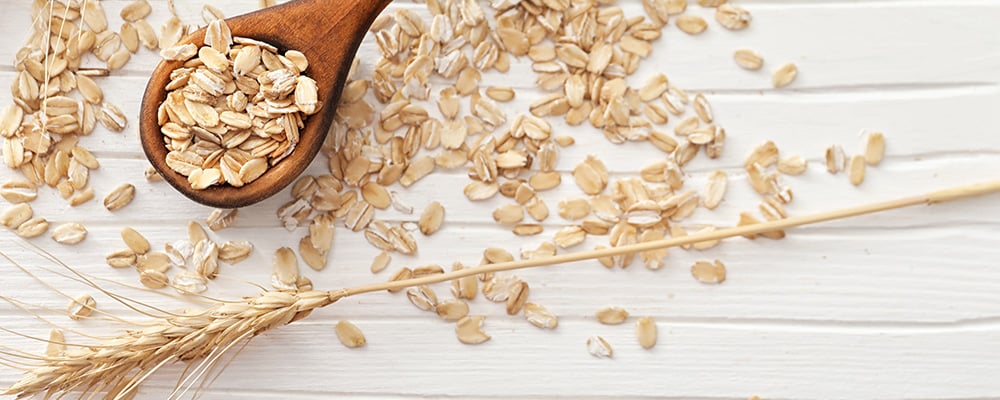Unfortunately, food fraud is a growing threat in the food industry. New loopholes appear all the time and food fraud criminals are all too quick to exploit them. The reasons can be many: A failed harvest, increased demand for a specific product, an unsupervised consignment or inferior raw materials are amongst the possibilities.
In order to secure the supply chain against fraud, it is necessary to consider every aspect, including security during transport and storage, country of origin, past issues, economic factors and the nature of the raw material itself. The work to keep a high level of food safety and authenticity never stops.
In Lantmännen Unibake we seek to continuously identify the potential for food fraud and act to ensure that it does not affect us. Horizon scanning helps us monitor matters such as the failure of critical crops which raises prices, or alert us to new tricks the food fraudsters have learnt. In this way we are alerted when the potential for making money by tampering with the raw material supply occurs.
Sustainability from field to fork
Transparency of the supply chain includes the traceability of raw materials. This is a way to ensure that the source is sustainable and being produced with respect for people and the planet. Sustainable cultivation uses the best from different production techniques and aids. Taking into account the local conditions and challenges as well as local solutions.
Another way we keep the level of food safety high is by making sure that all of our facilities and those of our suppliers are certified to international standards and that our bakeries follow internationally recognized standards for food safety, quality management, environmental management and energy efficiency.
Following a series of high-profile food scandals, the British Retail Consortium was the first to include food defence measures in the BRC Global Standard for Food Safety Issue 7 in 2015. Many other standards have followed suit. This requires accredited companies to implement robust systems to reduce their exposure to fraud and food tampering, where the aim is to make money, even if it may cause harm to people or the environment.
